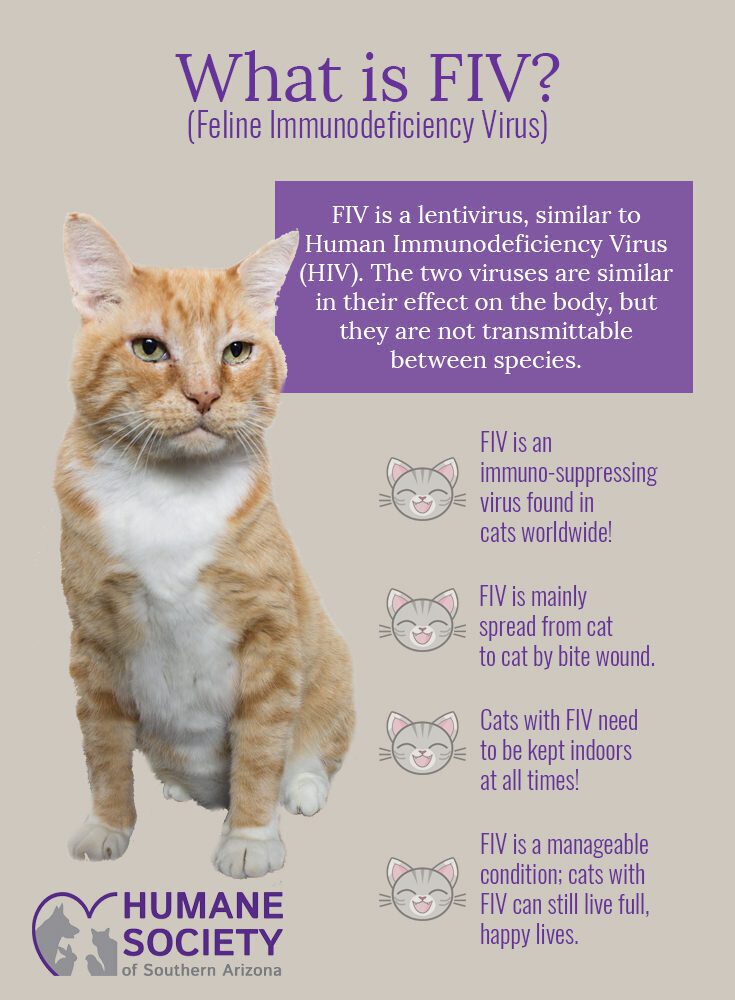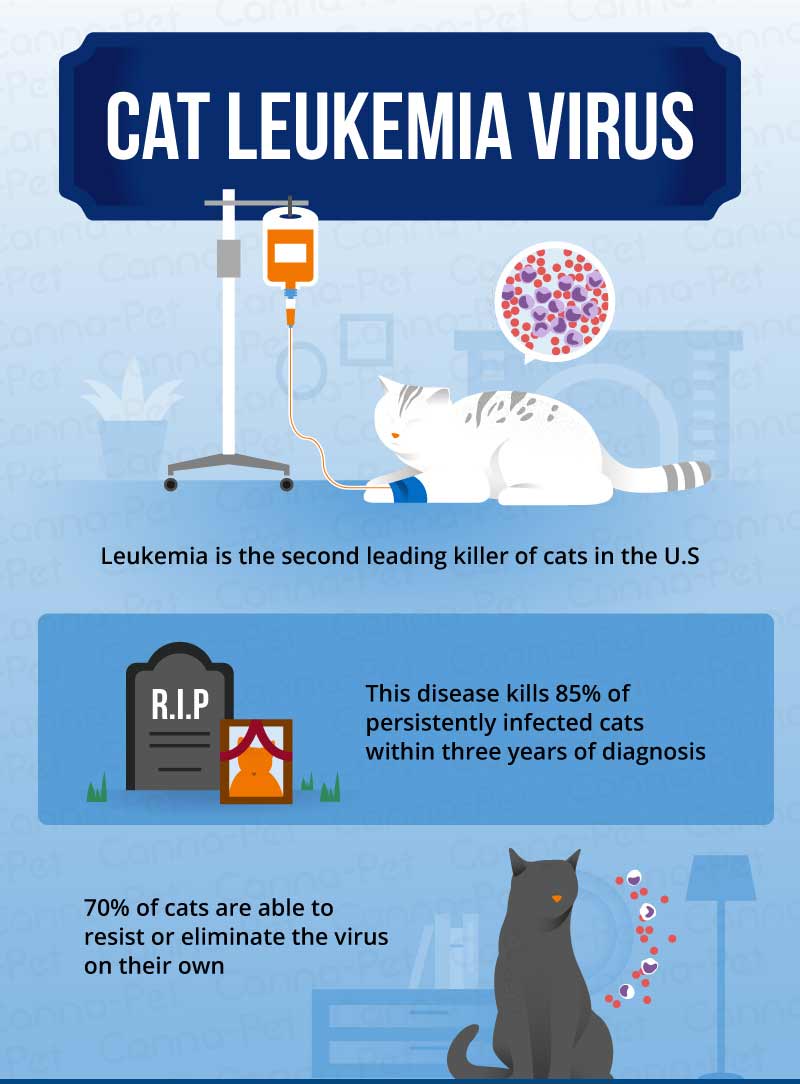Key Takeaways:
- Feline AIDS (FIV) is a viral infection that affects cats and weakens their immune system.
- Testing for FIV is crucial, especially for cats with unknown backgrounds or those showing symptoms of illness.
- The most common method of testing for FIV is through a blood test that detects antibodies produced in response to the virus.
- A positive FIV test does not mean a cat will immediately develop symptoms, but they can transmit the virus to other cats.
- Cats diagnosed with FIV require lifelong management and care to maintain their health and prevent the spread of the virus.
Are you a cat lover? Do you want to ensure the health and well-being of your furry feline friend? If so, then understanding the importance of Feline AIDS (FIV) testing is crucial. By delving into this subject, you can uncover valuable information that will help protect your beloved pet from this potentially life-threatening disease. With clear and simple language suitable for a 7th grader, let's explore why FIV testing is essential and how it seamlessly integrates into responsible pet ownership. So, let's dive in and equip ourselves with the knowledge needed to keep our cats safe and healthy!
What is Feline AIDS and why is it important to test for it?
Feline AIDS, also known as Feline Immunodeficiency Virus (FIV), is a viral infection that affects cats. It weakens their immune system, making them more susceptible to other infections and diseases. Just like how humans can get HIV, cats can get FIV. However, it's important to note that FIV cannot be transmitted from cats to humans.
Testing for Feline AIDS is crucial because early detection allows for proper management of the disease. If a cat tests positive for FIV, the owner and veterinarian can take necessary precautions to ensure the cat's health and prevent the spread of the virus to other felines. Testing also helps in differentiating between FIV and other illnesses with similar symptoms.
How does Feline AIDS spread among cats?
Feline AIDS spreads through direct contact with an infected cat's blood or bodily fluids. This can happen during fights or when they groom each other extensively. Kittens may contract the virus from their mothers during birth or through nursing if their mother is infected.
The virus cannot survive outside a cat's body for long periods, so transmission through casual contact like sharing food bowls or litter boxes is unlikely. It's important to note that indoor cats have a lower risk of contracting FIV compared to outdoor cats who are more likely to come into contact with infected felines.
Can cats with Feline AIDS live a normal life? Why or why not?
Cats with Feline AIDS can still live relatively normal lives, but their lifespan may be shorter compared to healthy cats. The severity of the disease varies from cat to cat, and some may show no symptoms for years.
FIV weakens the immune system over time, making cats more susceptible to infections and diseases. Regular veterinary check-ups, a balanced diet, and a stress-free environment can help manage the condition and improve the cat's quality of life. However, it's important to monitor their health closely and provide necessary medical care when needed.
What are the common symptoms of FIV in cats?
The symptoms of FIV in cats can vary, but some common signs include:
- Recurrent infections
- Poor coat condition
- Weight loss
- Gingivitis (inflammation of the gums)
- Loss of appetite
- Lethargy
How can a veterinarian diagnose if a cat has Feline AIDS?
A veterinarian can diagnose Feline AIDS through a blood test that detects antibodies produced by the cat's immune system in response to the virus. The test is usually done using a small blood sample taken from the cat's vein.
If the initial test comes back positive, further confirmatory tests may be conducted to ensure accurate diagnosis. It's important to consult with a veterinarian for proper testing and interpretation of results.
Are there any treatments available for cats with FIV? If yes, what are they?
Currently, there is no cure for Feline AIDS. However, supportive care can help manage the symptoms and slow down disease progression. Treatments may include:
- Antibiotics to treat secondary infections
- Dietary supplements to boost immune function
- Dental care to manage gingivitis
- Steroids or other medications to reduce inflammation
Can humans get infected with Feline AIDS from their pet cats?
No, humans cannot get infected with Feline AIDS from their pet cats. FIV is a virus that specifically affects felines and cannot be transmitted to humans or other non-feline animals.
However, it's always important to practice good hygiene when handling any animal, including washing hands thoroughly after interacting with cats or cleaning litter boxes.
Is there a way to prevent Feline AIDS in cats? If so, what steps can be taken?
While there is no guaranteed way to prevent FIV in cats, there are steps that can reduce the risk:
- Keep cats indoors to minimize exposure to infected cats
- Spay/neuter your cat to reduce roaming and fighting behaviors
- Avoid introducing new cats of unknown health status into the household
- Vaccinate against other common diseases to maintain overall health
- Regularly test for FIV, especially if your cat has been in fights or had potential exposure
In conclusion, Feline AIDS (FIV) testing is important to keep our furry friends healthy. It helps us identify if a cat has the virus and take necessary precautions to prevent its spread, ensuring a safe environment for both cats and humans.
Should I get my cat tested for FIV?
There are several reasons why it is recommended to test for FeLV and FIV. Since both diseases can lead to various illnesses, including those affecting the bone marrow and immune system, it is highly advised to conduct tests for FeLV and FIV whenever a cat is showing signs of illness.
What happens if a cat tests positive for FIV?
Although FIV-positive cats can have long and healthy lives, they are more susceptible to secondary infections and have a higher risk of developing conditions such as gingivitis and anemia.
How often should cats be tested for FIV?
If your cat goes outside or engages in fights with other cats, your vet may suggest getting them tested annually for FeLV/FIV. The next recommended test would be on April 26, 2023.
What you need to know about FIV?
Feline Immunodeficiency Virus (FIV) is typically observed in male cats that have not been neutered and engage in territorial fights. It is transmitted through biting and body fluids, and it does not spread through the environment. Occasionally, kittens can acquire the infection from their mother, but many are able to eliminate it before reaching six months of age.
How expensive is an FIV test?
List of tests and fees for cats:
- Test Name: Feline Immunodeficiency Virus (FIV), Feline Leukemia Virus (FeLV), and Dirofilaria immitis 3 Way Snap Test
- Section: Serology
- Price: $39.50
- Test Name: Feline Infectious Peritonitis IFA
- Section: Serology
- Price: $26.25
- Test Name: Feline Infectious Peritonitis Virus (FIPV) / Feline Enteric Coronavirus (FeCV) PCR
- Section: Molecular Diagnostics
- Price: $50.00
How much does a FIV test cost?
Our FIV testing service costs $50 per test, which includes the collection of the blood sample.
















